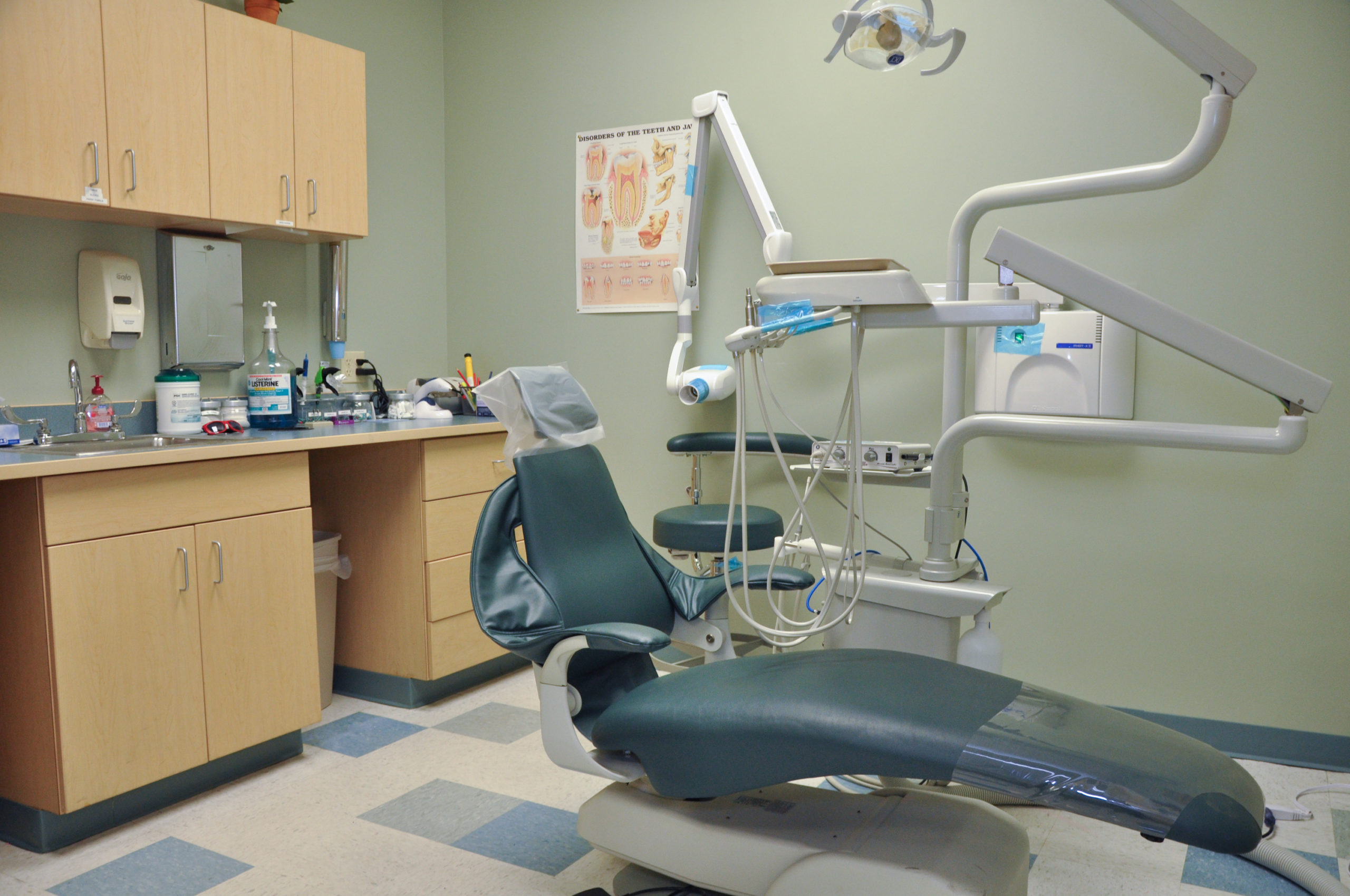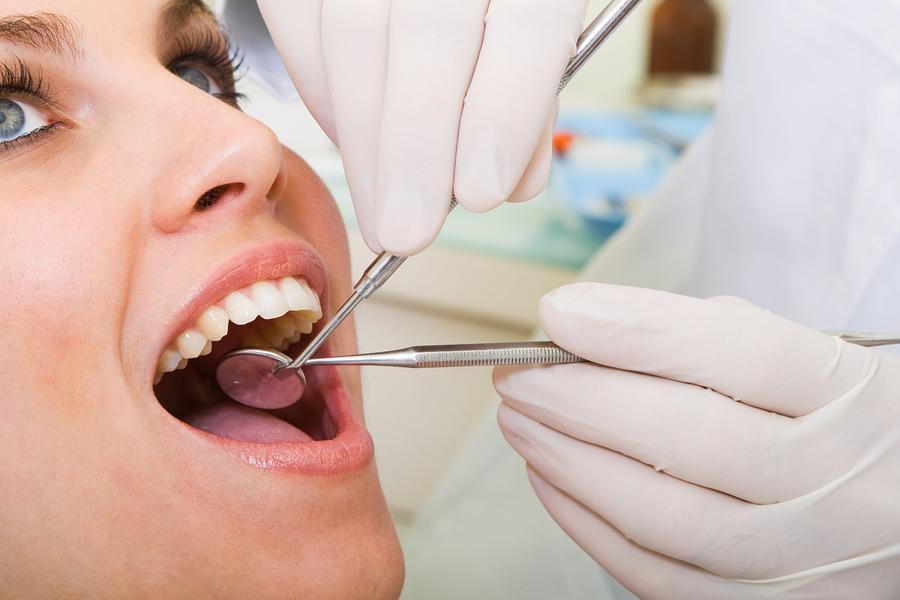An Overview to Usual Oral Conditions That Require a Dental practitioner's Care
Understanding the series of oral conditions that require specialist care is extremely important for preserving ideal dental health and wellness. Toothaches, for instance, can be symptomatic of serious problems such as cavities, broken teeth, or abscesses, each needing particular interventions like fillings or origin canals. Periodontal condition, from the onset of gingivitis to a lot more severe periodontitis, underscores the significance of routine dental check-ups and cleanings. Influenced wisdom teeth and jaw problems can introduce considerable discomfort and problems. Making sure prompt sees to the dental expert can mitigate these problems efficiently, but what precisely are the signs and treatments involved?
Toothaches
Toothaches are a typical oral condition that can range from moderate discomfort to severe discomfort, commonly indicating an underlying issue that needs specialist focus. This pain can originate from a variety of resources, including oral cavities, fractured or fractured teeth, and dental abscesses. Each of these problems presents substantial risks if left without treatment, potentially bring about a lot more serious problems.
Tooth decays, additionally known as decays, are brought on by the buildup of plaque that deteriorates tooth enamel, bring about holes or pits in the impacted teeth. Cracked or fractured teeth, on the various other hand, may arise from trauma, grinding, or attacking into tough objects. These architectural problems can subject the sensitive inner layers of the tooth, causing pain and enhancing the danger of infection. Abscesses are painful infections at the origin of a tooth or in between the periodontal and a tooth, commonly arising from serious decay or neglected tooth cavities.
Reliable treatment of toothaches involves attending to the root cause. This might include dental fillings for tooth cavities, crowns for broken teeth, or root canals and prescription antibiotics for abscesses. Very early intervention by an oral expert can avoid more damage and reduce pain, ensuring optimal oral wellness.
Gum Condition

The main source of periodontal condition is bacterial plaque, a sticky, colorless movie that frequently bases on teeth. Poor dental health, smoking, genetic predisposition, and specific clinical conditions, such as diabetes, can aggravate the threat of creating periodontal condition. Regular dental examinations are vital for very early discovery and management of this condition.
Treatment for gum tissue illness varies from professional dental cleansing and scaling to more sophisticated procedures like root planing and gum surgical treatment, depending upon the seriousness. Keeping excellent dental hygiene practices, including cleaning two times daily, flossing, and using a disinfectant mouthwash, can significantly decrease the risk of periodontal condition and promote much healthier periodontals.
Dental Caries
Tooth cavities, also known as tooth decays, are a typical oral condition identified by the devastation of tooth enamel as a result of acid-producing germs in the mouth. These bacteria prosper on sugars and starches from food and drinks, creating acids that gradually deteriorate the enamel, leading to tooth cavity development.
Early-stage dental caries may not reveal signs and symptoms, but as they advance, they can trigger tooth pain, level of sensitivity to hot or cool, noticeable openings or pits in the teeth, and discoloration. If left unattended, cavities can permeate deeper layers of the tooth, possibly resulting in severe discomfort, infection, and also tooth loss.
Protecting against tooth cavities includes a combination of excellent oral hygiene techniques and nutritional habits. Normal brushing with fluoride toothpaste, flossing, and regular oral examinations are important. Dentists might likewise suggest additional preventive procedures, such as fluoride treatments and dental sealants, to protect teeth from decay.
Treatment for tooth cavities relies on their severity. Small tooth cavities can be attended to with dental fillings, which restore the tooth's structure. If the decay has actually gotten to the tooth's pulp, extra innovative cases might require crowns or even origin canal treatment. Timely treatment by a dental practitioner is vital to stop difficulties and maintain general dental wellness.
Impacted Knowledge Teeth
Affected wisdom teeth are a common oral problem that happens when the 3rd molars, frequently described as knowledge teeth, fall short to completely emerge or align properly within the mouth. This problem typically arises from not enough space in the jaw or an abnormal growth angle of the teeth. Impacted knowledge teeth can cause a variety of problems, including discomfort, damage, and infection to adjacent teeth.
When wisdom teeth come to be impacted, they are frequently partly erupted or remain entirely under the gum line. This partial eruption can develop a pathway for microorganisms to go into the gums, bring about infections that materialize as swelling, pain, and even high temperature (dentists eugene). Furthermore, impacted knowledge teeth can put in stress on bordering teeth, potentially triggering crowding or moving
A comprehensive dental assessment, normally entailing X-rays, is important for identifying affected knowledge teeth. Normal oral examinations are advisable to monitor the why not look here problem and maintain dental health and wellness.
Jaw Problems
Final Thought

Oral tooth cavities, additionally recognized as decays, are created by the build-up see this page of plaque that wears down tooth enamel, leading to openings or pits in the influenced teeth. Abscesses are uncomfortable infections at the origin of a tooth or between the periodontal and a tooth, usually resulting from serious degeneration or without treatment tooth cavities.
Affected knowledge teeth are a prevalent oral problem that takes place when the 3rd molars, generally referred to as wisdom teeth, stop working to totally emerge or straighten appropriately within the mouth. Impacted knowledge teeth can lead to a range of issues, consisting of discomfort, damages, and infection to nearby teeth.
Additionally, impacted knowledge teeth can apply stress on neighboring teeth, potentially creating crowding or changing.